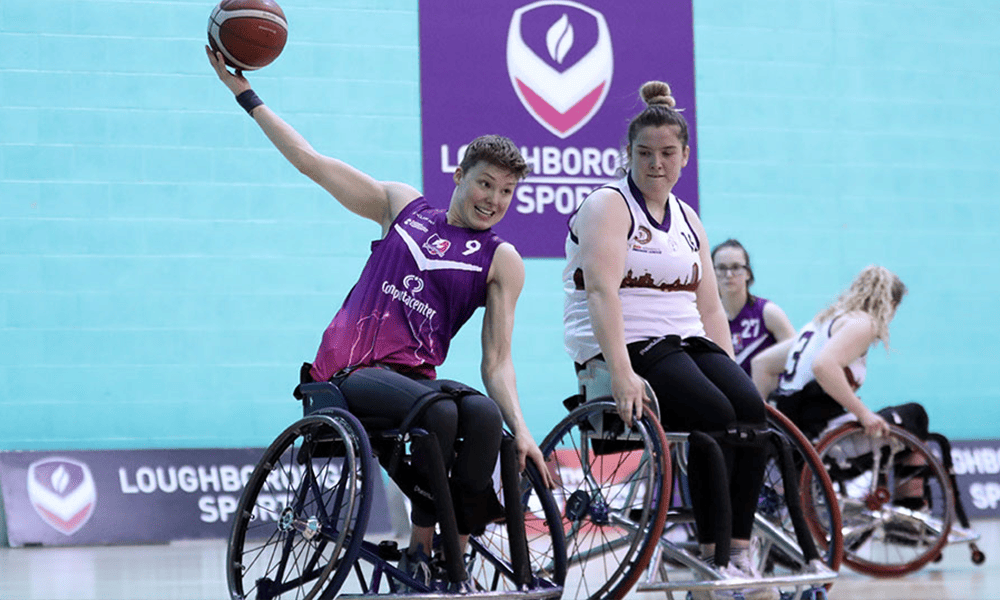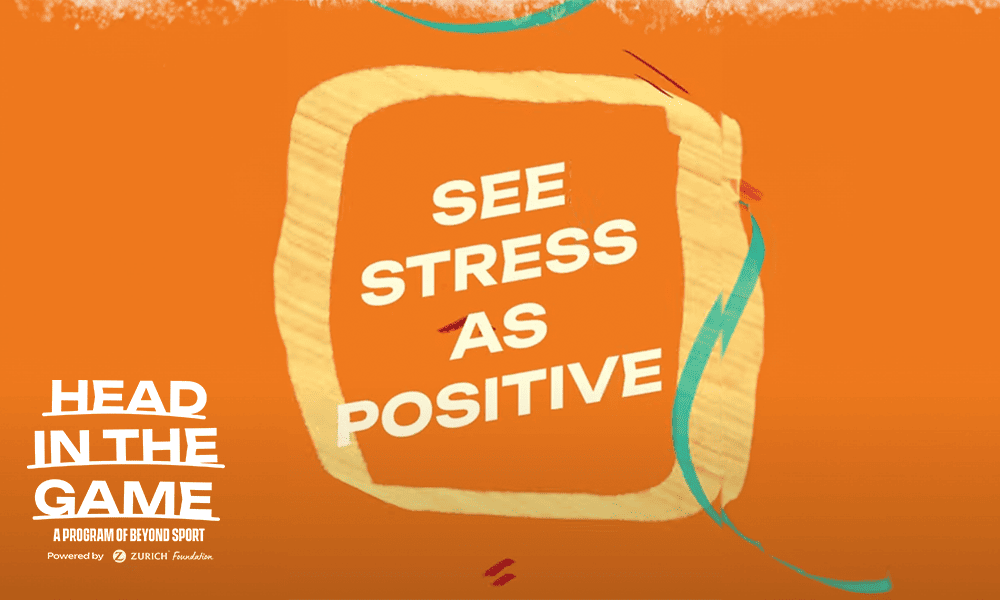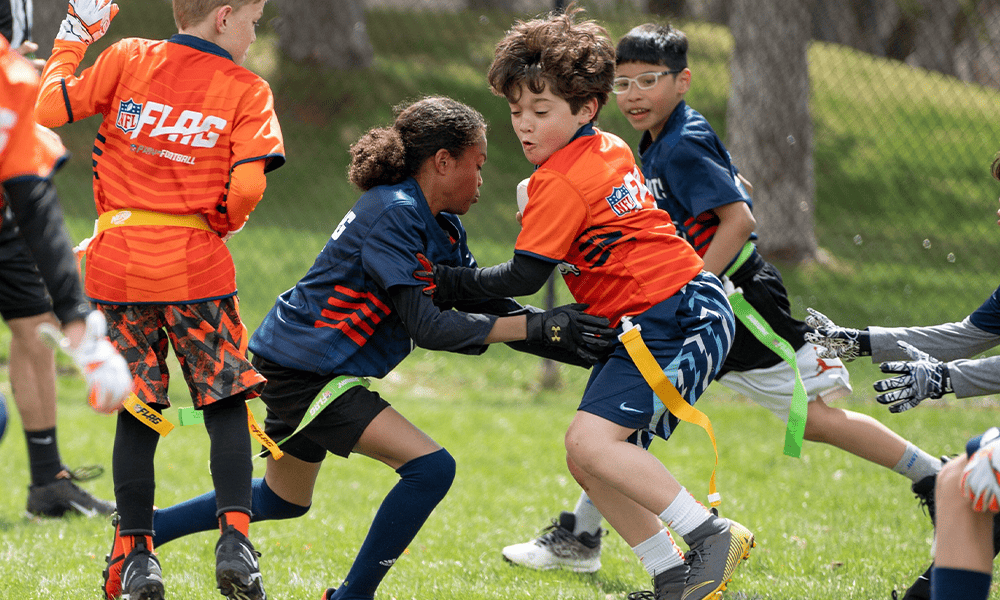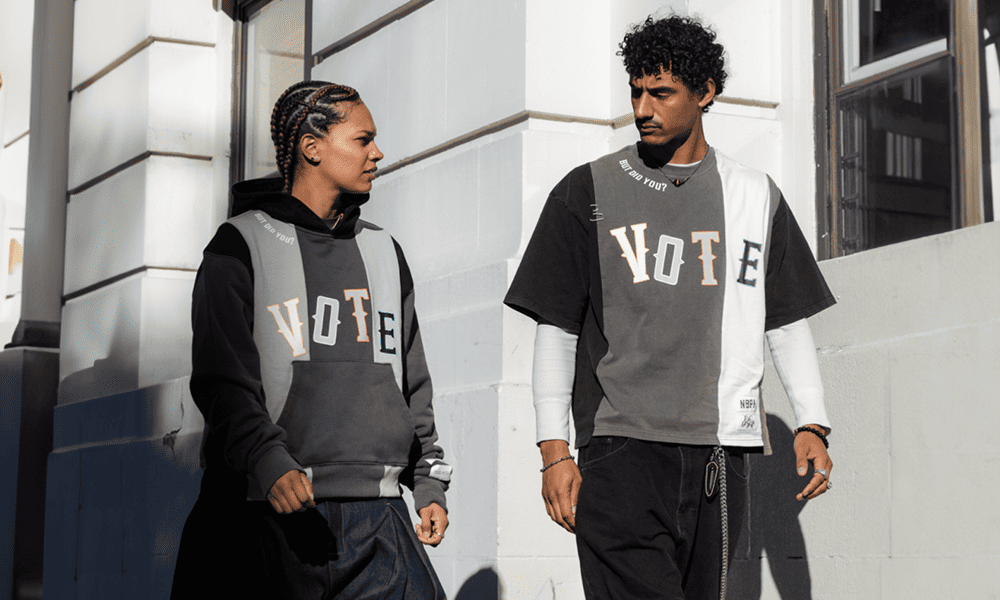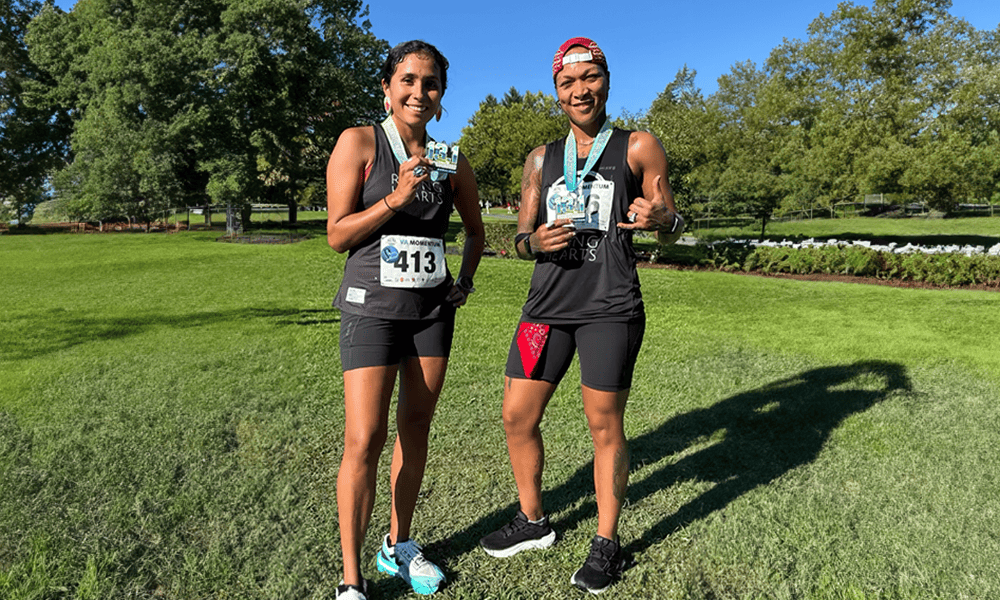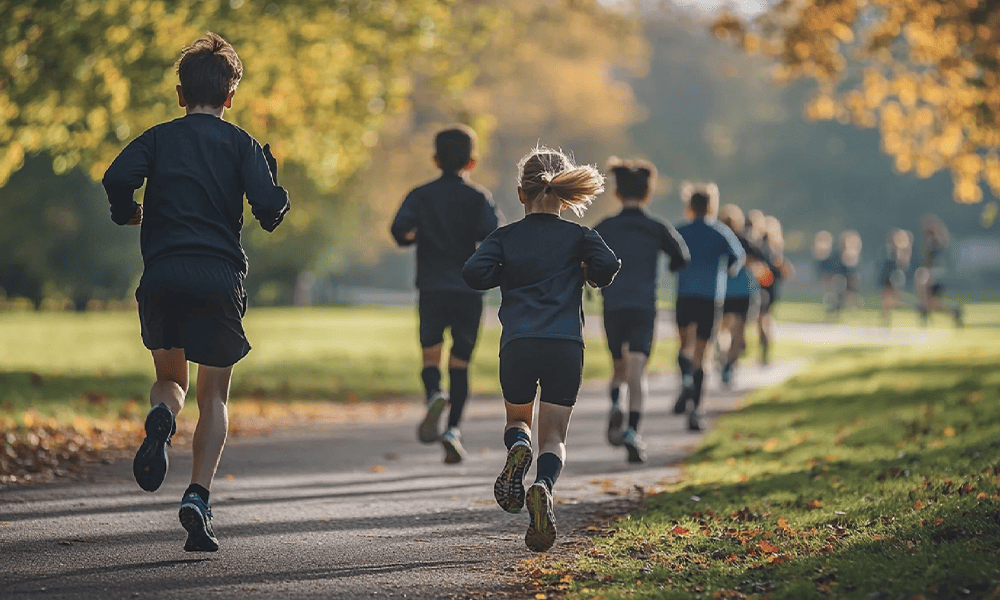August 19, 2022
In our latest series, we’re taking a special focus on sport for development organizations within our network that serve Indigenous communities. Today, we’re spotlighting Futebol Social, a partner of the Rexona Breaking Limits Programme delivered in partnership with Beyond Sport. We spoke to Executive Director Guilherme Araujo about the organization’s work with remote Indigenous Brazilian communities.
Futebol Social connects young people aged 16-20 and disadvantaged communities across Brazil through football-based programs, with the aim of integrating, motivating and developing strength among their participants. They have a particular focus on young people and communities who face poverty and everyday violence, as well as those who live in favelas or without housing. The organization also supports Brazil’s entry into the Homeless World Cup (HWC), the global event used to raise awareness around homelessness and social isolation.
Futebol Social has created a network of more than 100 grassroots organizations across Brazil, who all believe that “football is key to helping people out of poverty”. They work with around 10,000 players with 2,000 taking part in their tournament series, the Futebol Social Circuit (Circuito Futebol Social). Through the program, Futebol Social connects groups that live differently but face similar issues and challenges and provides them unique experiences. As members of the Circuit, they learn new techniques to emower their social work through sport and are encouraged to create activities to take back to their communities.
“We are connecting groups that live in the Amazon region (Ribeirinhos), in big cities slums (favelas), formerly enslaved territories (Guilombolas) and Indigenous groups among others. We run local and regional events including social and cultural activities using sports, especially football, to create the necessary impact – the Rexona Breaking Limits Programme is one of them,” said Araujo.

Among their beneficiaries, Futebol Social partner with several Brazilian Indigenous communities. Araujo shared that they are currently working with the Guaraní Mbya people living on Terra Indígena Tenondé Porã, an Indigenous land in the extreme south of São Paulo made up of 1,500 people. It is the largest Guarani population in Brazil. According to Latin Dispatch, the Guarani Mbya used to live in an extensive area between the coastal line of the State of São Paulo, Brazil and Buenos Aires in Argentina. In the process of Portuguese and Spanish colonization their land was divided and drastically reduced. In the 1960s and 70s, the Guaraní people were expelled from their ancestral lands by the Brazillian military dictatorship in order to expand the country’s agricultural frontier. Today, their traditional homeland is occupied by large farms, whose owners refuse to return the property.
The Guaraní people have inhabited the southern Atlantic Forest region for millennia. But in the last 500 years, this region has been immensely devastated through illegal mining, which holds great spiritual value for Indigenous people and is the source of their traditional livelihood, from food to medicines. Additionally, trees and habitats in the region have been destroyed leaving mercury, a poisonous substance, to leak into rivers and poison water and food. In 2016, the Ministry of Justice published the Declaratory Ordinance of the Tenondé Porã TI, which details more permanent possession of traditional territory for the community.
However, Araujo notes that despite this declaration one of the main issues that these Indigenous communities face is maintaining possession of their territories. “Indigenous people have been facing historical and serious challenges to keep their territories protected and their traditions. More recently we’ve been noticing terrible movements to “flexibilize” the legislation to change rights allowing illegal mining, fishing and other predatory activities in these territories.”
An atmosphere of violence and intimidation is all too familiar for Indigenous communities in Brazil who account for 0.4% of the country’s population. The Inter-American Commission on Human Rights (IACHR) and the Regional Office for South America of the UN High Commissioner for Human Rights (OHCHR) have stressed their concern about the recent attacks, threats and acts of intimidation reported by several indigenous peoples in Brazil. According to reports, at least six Indigenous persons have been murdered in Brazil so far this year, more than total the number for 2021.
In June this year, two Guaraní and Kaiowá indigenous communities in Mato Grosso do Sul were victims of armed attacks conducted jointly by military police officers and civilians. Both incidents were related to the eviction of indigenous persons from their land. This violence has also led to increased suicide rates among Guaraní peoples. Over the past 30 years, more than 625 Guaraní Indians have taken their own lives, 19 times higher than the national suicide rate in Brazil. Young adults under the age of 30 accounted for 85% of the suicides.

Futebol Social supports the Guarani in advocating for their rights by facilitating opportunties for the community to come together. They work with the leaders, using football as a platform to engage.
“It’s very important to include them, give them a voice, empower leaders and help them to protect their rights and fights,” said Araujo. Futebol Social work alongside centenary organizations that work on behalf of Indigenous communities to provide opportunities to Indigenous youth and wider groups.
“Their passion for football is something you can’t describe. A standout characteristic is how Indigenous youth respect each other. How they play to make sure that everyone is participating. How they are simple, honest and pure. It’s very clear that they aren’t influenced by the atrocities that are happening around them.”
Tiago, a leader in the Indigenous community and the organization’s point of contact explains that their partnership with Futebol Social is important and impactful as its basis is around inclusion. “It’s a different kind of football without barriers of gender or age, which is not like professional football. It has short-term and long-term impact and importance in encouraging young people. It is helping transform the minds of Indigenous peoples and being able to include football in our culture as something inclusive and entertaining is great.”
Additionally, the organization’s annual flagship event, the Futebol Social Cup, brings representatives from all regions they engage with for a celebration of peace and solidarity. It is from this event, that Futebol Social selects the youngsters that will play in the Homeless World Cup. “We dream about bringing one of the Indigenous groups to play the Homeless World Cup representing Brazil with others that face different but similar challenges in different Brazilian communities,” said Araujo.
The plan for the future is to include different communities as part of its Circuit program. Araujo shared that at this stage they are mapping out territories they want to reach – including Indigenous communities in the north of the country – so that they can widen the opportunities presented to them.
“Our end goal is to have a specific program to gather different Indigenous groups in different regions of the country. It’s a gradual process as we need to respect their characteristics and their isolation – we are getting their respect year after year.”
